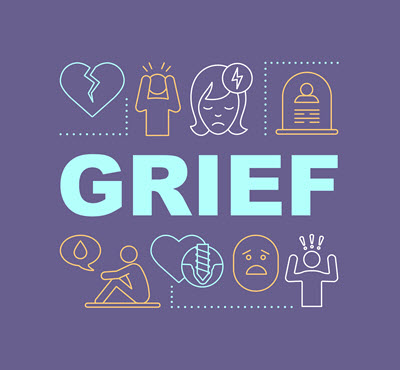 Deep loss is hard to process.
Deep loss is hard to process.
The shock of losing someone you love hits hard.
You feel like the words slam into your mind, and you want to make them not true. You might collapse, feel numb, feel overwhelmed, and not know what to do.
The sadness is profound. Friends and family can be comforting, but the process of grieving is so personal.
It can be hard to put into words.
It will take more than time to process the loss of a loved one.
People tell you it is necessary to grieve the loss of a child, sibling, spouse, partner, or parents. Some understand that a miscarriage or lost pregnancy can be devastating.
But grief is uniquely individual and often misunderstood. You hear comments about how you need to get on with your life or focus on other things. But how can you get over a significant loss after three months?
Research suggests that those months are just the beginning. But friends and family go on with their lives, and it feels like you are expected to do the same.
The meaning on the loss matters to you.
Having a safe place to have all the feelings of loss, including sadness, anger, despair about what you have lost, and beginning to uncover what your loss means to you is essential.
I can listen to what the internal part of you feels, what is lost, and what the person or experience means to you.
I can hear what others might not be able to bear and to work with you to rebuild the meaning in your life.
Grieving fully is a life-changing experience.
A significant loss changes your life, whether it is a death of someone you love, a divorce, a pregnancy, a job, a career, or a major surgery.
The feelings can profoundly affect every part of your life.
Therapy can be helpful when it feels too hard to bear the feelings of loss alone.

